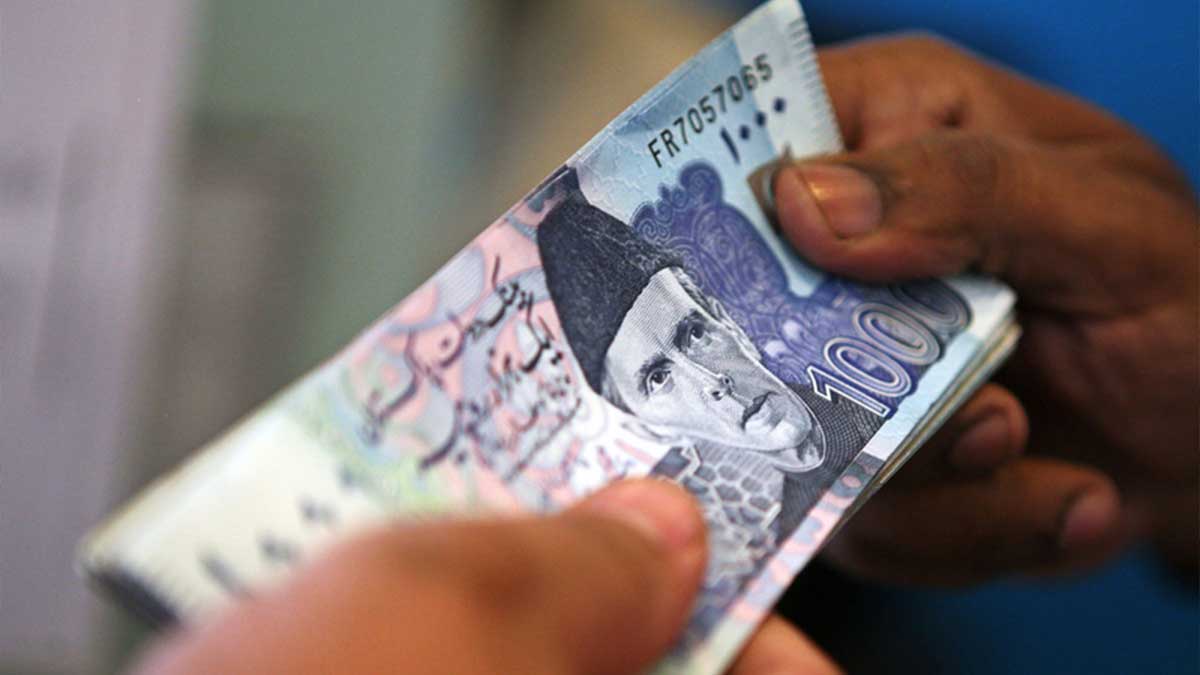The government’s domestic debt and liabilities has increased by 12 percent to Rs 26.755 trillion during the 11 months of fiscal year 2020-21.
Pakistan’s external financial requirements are increasing and the net external financing target through commercial sources for the fiscal year 2021-22 is about around $5.5 billion out of which Eurobond/Sukuk issuance has been targeted at $3.5 billion.
On Tuesday, the country raised additional debt of $1 billion through a tap issue of its recently issued three-tranche dollar-denominated Eurobond which achieved $2.5 billion during the month of March. It was subscribed in excess of $3 billion for five years, 20 years, and 30 years.
Read more: Pakistan secures $12.135 billion in foreign loans during July-May period
Pakistan accepted $300 million for five-year notes at 5.875%, $400 million for 10 years at 7.125%, and $300 million for 30 years at 8.450%.
Domestic debt, liabilities reach Rs 26.755 trillion
Fahad Rauf, the head of the research department in Ismail Iqbal Securities told the media that Pakistan adopted a program-based approach with the registration of the Global Medium-Term Note (MTN) program which allows it to tap the market regularly and at a short notice.
Under the NTM program, Pakistan can opt for continuous or intermittent fundraising from the investors through the designed or appointed dealers.
However, the bond is registered only once. The issuer can enter the international market more easily to obtain capital under this program. Pakistan gave initial price guidance of 6 to 6.125 % for a five-year tranche, due in 2026, about 7.375% for 10 years, due in 2031, and about 8.875 % for 30 years, due in 2051.
Fahad Rauf said, “The timing of tap issue is critical as currently the interest rates are low globally and the market has ample liquidity.” While talking on the issues of IMF, he added, “Thus it is better to tap the markets now. Pakistan’s external account situation is also better now but some pressure could be witnessed in future indicated by the rising trade deficit.”





















